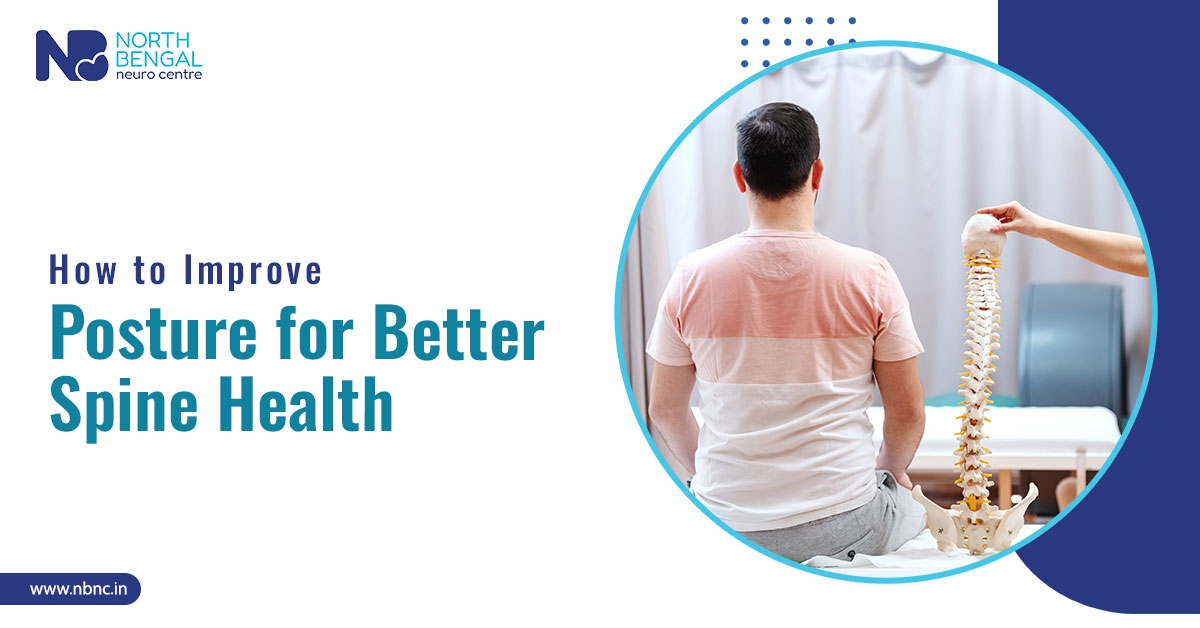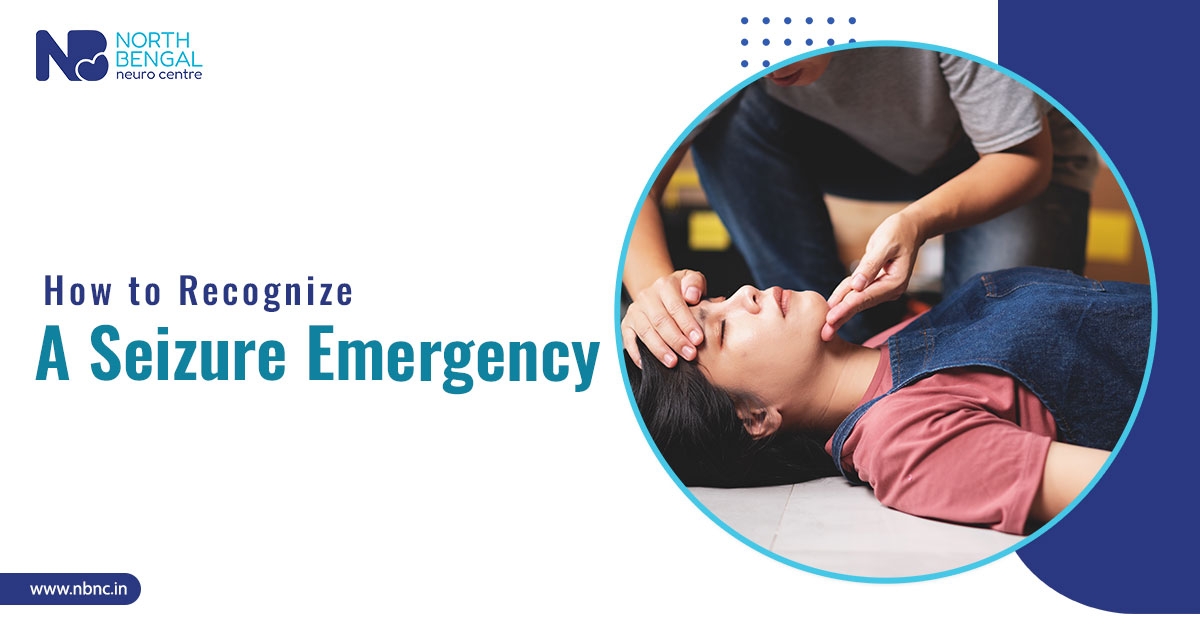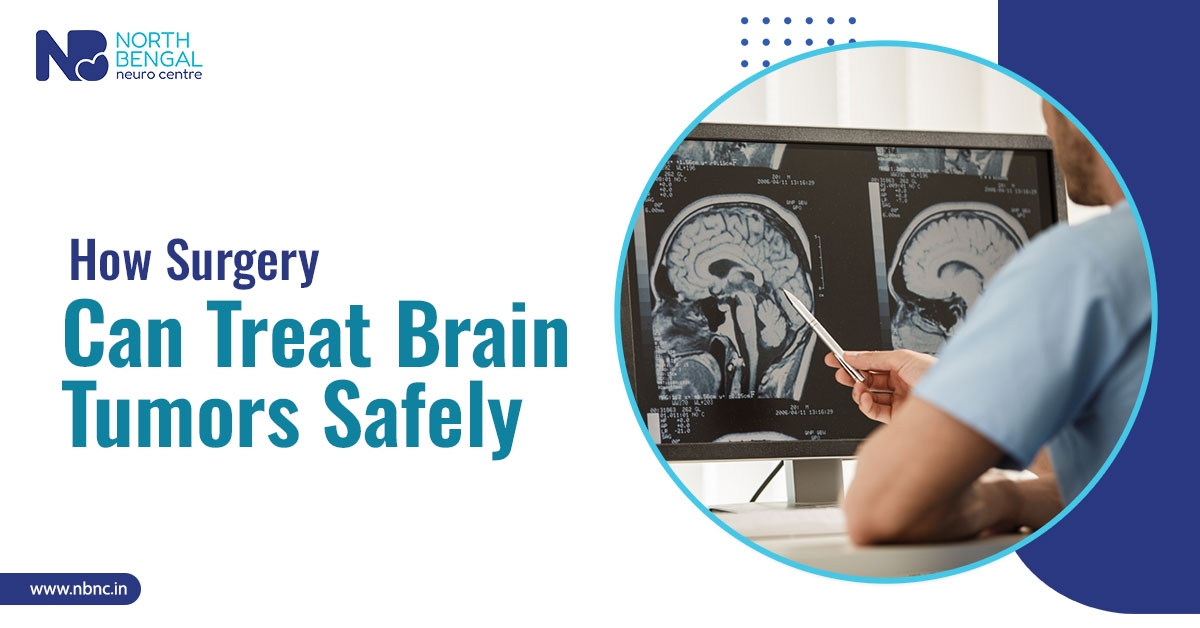Neurological disorders affect the functions of the nervous system in various ways. These diseases are mostly associated with the brain, spinal cord, and network of nerves which affects your central nervous system and peripheral nervous system. There are various symptoms of neurological disorders which include Headache, difficulty in coordinating, sensitivity changes, vision/hearing loss, difficulty in sleeping, seizures, and breathing difficulty.
Neurological disorders are caused due to several reasons including genetic changes, congenital conditions, infection, tumours, and stroke. For early diagnosis, you can visit the best neuro hospital in Siliguri. The doctor will diagnose this disease by performing blood tests, ECG, EMG, MRI or CT scan, and Lumbar Puncture.
How neurological disorders are diagnosed at a neuro hospital
Computed tomography (CT scan)
One of the most common ways to diagnose neurological disorders is by using Computed tomography or CT scan. This procedure uses X-rays to generate a detailed image of the brain and spinal cord. The CT scans can also detect whether you are suffering from a brain stroke or bleeding in the brain. This also helps to detect blood vessel irregularities, brain tumours, fluid build-up in the brain, or if the brain is damaged due to an injury. A CT scan can also be done in the spine which shows spinal Stenosis, herniated discs, or spine fractures.
Magnetic resonance imaging (MRI)
MRI also known as Magnetic resonance imaging is a painless procedure that provides a clear image of the brain. This procedure uses computer-generated magnetic waves and a powerful magnetic field to produce a detailed image of the brain. The MRI can show the image of the brain or spinal cord, monitor multiple sclerosis, measure blood flow, and show the mineral deposits in the brain. The MRI can also help to diagnose stroke, tumours in the brain and spinal cord, traumatic brain injury, inflammation, infection, cardiovascular problems, and other neurological disorders. Though this is a painless procedure people with obesity or claustrophobia may find it uncomfortable as the machine can be noisy.
Electroencephalogram (EEG)
EEG or Electroencephalogram is a diagnostic tool that helps to measure the electrical activity of the brain. During this process, a small metallic disc called an electrode is attached to the scalp with the help of a special conducting paste. Since the cells of the brain communicate via electrical impulses, this procedure helps to show wavy lines on an ECG recording. ECG also helps to diagnose sleep disorders, epilepsy, brain tumours, brain damage from head injury, encephalopathy, stroke, coma, Creutzfeldt-Jakob disease, and monitor brain activity.
Positron emission tomography (PET)
A Positron emission tomography also known as a PET scan is a procedure which creates a picture of the brain by measuring radioactive isotopes that are injected in the bloodstream. This procedure uses a radioactive substance called a tracker which helps in identifying the disease or injury in the brain. A PET scan can detect brain tumours, show blood flow, and measure tissue metabolism. This also helps to detect whether you have epilepsy or other memory-related disorders and shows brain injury.
Laboratory tests
Laboratory tests including blood, urine, and other body fluids are done in a neuro hospital in Siliguri. These tests help the doctor to identify how severe the disease is. The blood test helps to monitor the level of medications you are taking to treat epilepsy and other neurological disorders. The tests also help to analyse cerebrospinal fluid which helps to detect meningitis, encephalitis, acute and chronic inflammation, multiple sclerosis, and other neurodegenerative diseases.
Arteriogram
Arteriogram also known as angiogram is a medical procedure that helps to diagnose neurological disorders. This process uses an x-ray which helps to reveal the narrowing of the artery or blood vessels in the brain, or head. The doctor inserts a catheter into a blood vessel and injects a contrast dye which helps the blood vessels appear in the x-ray image. This spine angiogram helps to determine the location and size of vascular malformation or blockage in arteries. This process can also reveal the blood supply of the tumour before an operation.
Electromyography (EMG)
Electromyography also known as EMG is a diagnostic test that analyses the health of skeletal muscles and nerves. This procedure helps to diagnose nerve and muscle disorders, spinal nerve compression syndrome, and neuron disorders including amyotrophic lateral sclerosis (ALS). EMG also helps to record the electrical activity of the muscles and to conduct the nerve conduction study (NCS).
Ultrasound (sonography)
One of the most effective ways to diagnose neurological disorders is by using an ultrasound. This process also known as sonography uses high-frequency sound waves to examine Cerebrovascular, neurodegenerative, and other nervous system-related diseases. This helps to identify the changes in the muscle and nerve tissues. This process is more effective than an X-ray as it shows the tears in ligaments and helps to measure brain waves.
Myelogram
A myelogram also known as myelography is a diagnostic imaging test which uses contrast dyes and X-rays to identify neurological disorders. Before this procedure, the contrast dye is injected into the spine which allows the doctor to see the spinal cord, subarachnoid space, and other structures. If you are facing chronic back pain then before this procedure you may need to go for a CT or MRI scan first.
Evoked potentials
These are a series of tests which help to measure the electrical activity of the brain and spinal cord. These tests help to diagnose multiple sclerosis, spinal cord injury, and acoustic neuroma. Evoked potentials also help to measure the brain activity of coma patients and optic nerve tumours.
Conclusion
Neurological disorders are conditions that affect the function of the nervous system. These diseases are mostly associated with the brain, spinal cord, and network of nerves. To diagnose this disease effectively you can visit the best neuro hospital in Siliguri. In a hospital, these diseases are diagnosed with the help of CT, MRI scan, Electroencephalogram, Positron emission tomography, Arteriogram, Electromyography, Myelogram, and ultrasound. With early diagnoses, you can get the necessary treatment for a quick recovery.
Comments (0)





